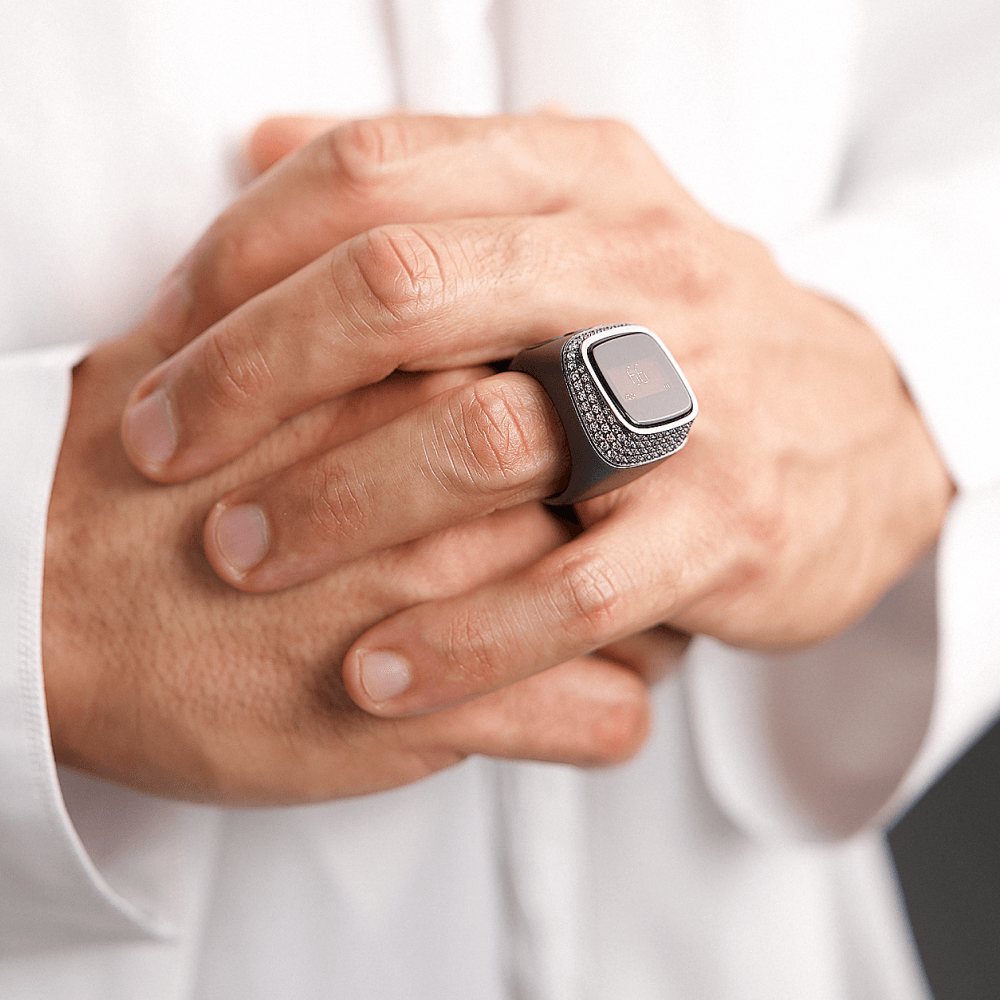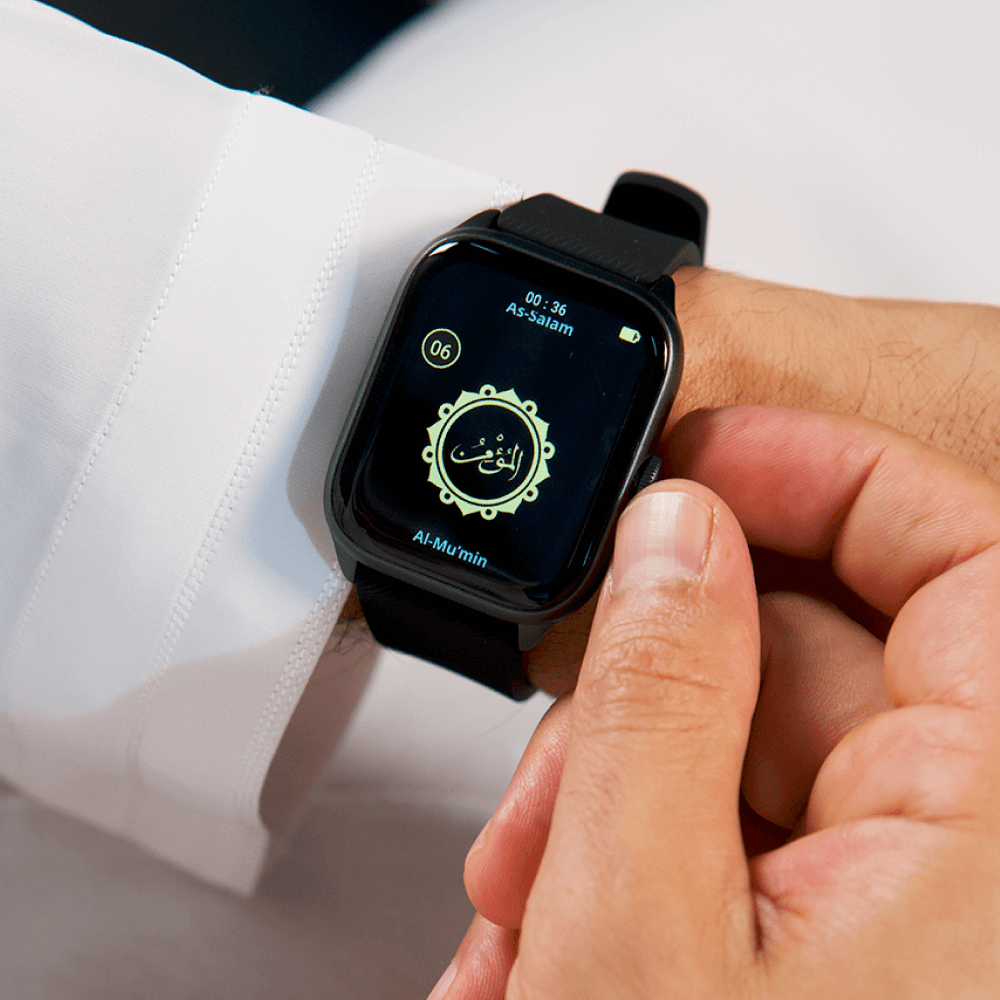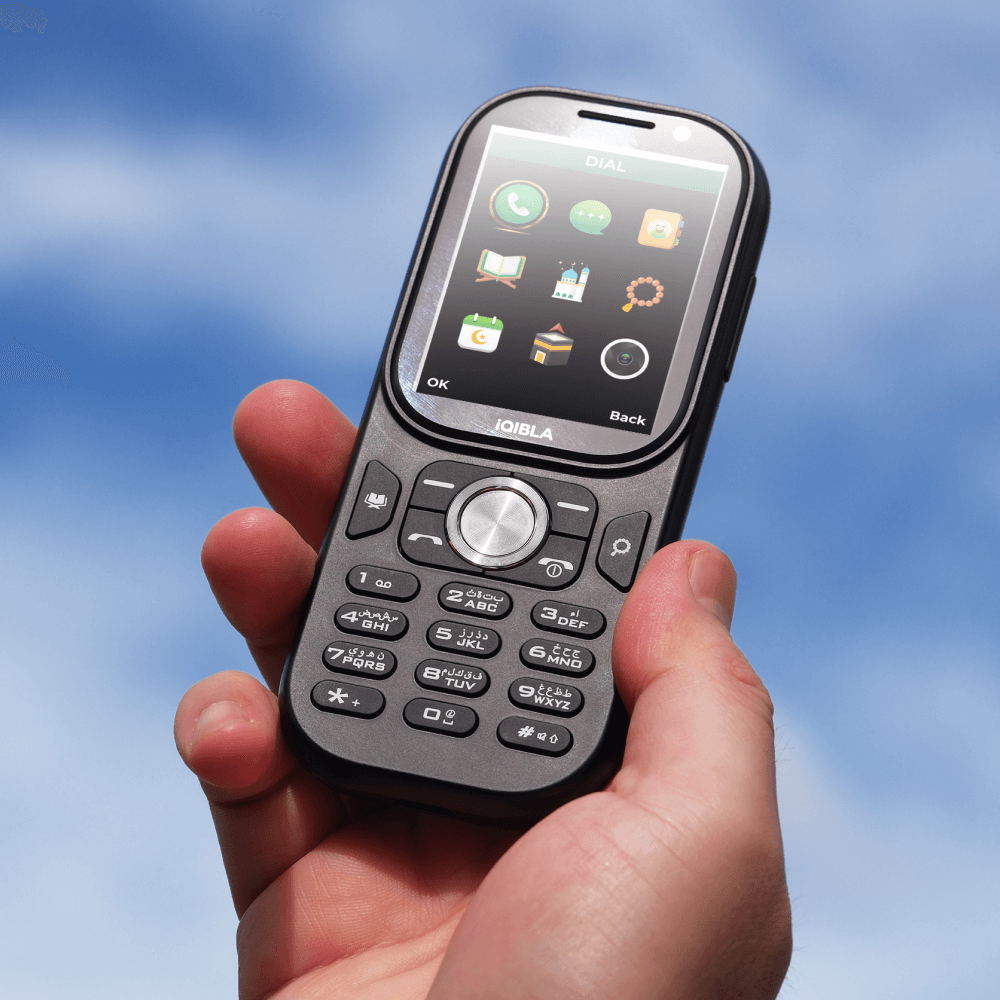Anthony Lee - Juin 01 2021
Practical Tips for Healthy Eating During Ramadan

Ramadan is a month which has a very special character for every practicing Muslim. We are going to discuss here only the diet and nutrition part of Ramadan, with as much advice as possible for this month, where we deprive ourselves of food and drink from dawn (fajr) until sunset, a month that remains good for your health! So, how to organize to combine diet and fasting during the month of Ramadan? Is it possible to avoid bloating or abdominal pain? How to hold out more easily? Follow these tips below that even during Ramadan, your diet can be healthy and balanced!
Preparing for Ramadan: good habits to adopt all year round
Eating well during Ramadan is important, and this requires proper preparation. Adopting a healthy lifestyle and a healthy diet on a daily basis allows you to live better this special month.
Get organized and prepare before Ramadan
Before starting Ramadan, it is important to know that there is no point in “stocking up” by eating abundantly. On the contrary, it may tire your body and put you in bad conditions to start it well. The best principle is to start Ramadan in optimal conditions.
It is possible to eat a balanced diet during Ramadan
So adopt a healthy and balanced diet now, exercise regularly and don't forget to get enough sleep. Sleep is often neglected, but it is an integral part of our health.
In general, to have a more balanced diet , consider:
Maximize your consumption of fruits and vegetables (the famous 5 minimum portions per day),
Consume starchy foods (complete if possible) with each meal, in adequate quantity. Give preference to legumes (lentils, beans, chickpeas, etc.),
Prefer the consumption of white meat, and limit your intake of red meat to 500 g per week,
Limit industrial products as much as possible: a return to the kitchen is always the best dietary ally,
Consume two dairy products per day or the equivalent enriched in calcium,
And don't forget to get at least 30 minutes of exercise per day (walking or some other physical activity).
How to manage your diet during Ramadan?
Ideally, have breakfast for Sehour, lunch (at breaking the fast), and dinner (at night). This will allow you to distribute your daily ration and will thus ensure you get all the macronutrients ( proteins , fats, carbohydrates), as well as vitamins and minerals essential for your body. Your food organization is then the same as before, by simply shifting the meal times.
Another way to get organized, often easier to set up: simply have breakfast, then dinner for breaking the fast, which you will accompany a few hours later with a snack.
Breaking the fast, "Iftar"
You will have to eat a “real” meal immediately after breaking the fast, consisting of:
Starchy foods (semolina, rice, pasta, potato, wheat, etc.) which thus help to replenish your body's carbohydrate and energy reserves;
Low fat meat or fish;
Raw or cooked vegetables (about half of your plate), a dairy product and a raw fruit.
This meal will provide you with everything you need as well as vitamins, minerals and fibers that help regulate intestinal transit. Be careful, this meal should not be too large either, at the risk of causing digestive discomfort (bloating, pain, gas). So don't have too heavy a hand on your portion!
To easily visualize, cut your plate into four distinct parts and compose it as follows:
A first quarter with meat, fish, eggs or a source of vegetable protein;
A quarter with starches or legumes;
Half with vegetables, raw or cooked;
With in addition a dairy product and a raw fruit.
The evening snack
Two to three hours after that first meal, you may want to consider a snack. This ideally consists of a drink (herbal tea, coffee, tea, water at will), a dairy product and a fruit.
Breakfast
Breakfast, or “Sehour”, is an important part of the daily food intake, because the food consumed at that time will provide you with the energy you need to keep going during the day . You are too many to miss this meal which is however important in your daily ration. Don't settle for a little water!
In addition, eating a balanced and healthy diet in Sehour will prevent the feeling of hunger for a good part of the fast! You can compose your meal of a dairy product such as cheese, some whole grains (wholemeal bread for example), two or three dates as well as an unsweetened drink at will (water, herbal tea, tea, coffee, whey …).
Some nutritional advice to follow during Ramadan
Don't overlook the importance of proteinFor breakfast, we also advise you to consume a source of protein such as meat, fish (fatty), fried eggs or vegetable proteins , for example. This meal should keep you going all day, so don't neglect protein, which will give you strength and energy. Protein is also the source of the long-lasting feeling of fullness that one feels after a meal. They fulfill this role with dietary fibers, present in plants (vegetables, cereals, fruits and legumes). Fiber also reduces the glycemic load of meals .
Think about complex carbohydrates
Do not neglect complex carbohydrates , also called “slow sugars”, such as semolina, barley, vermicelli… They are too often replaced by fast sugars (cakes, pastries, sodas…). However, to hold out during the day, slow sugars are the ones to be favored. They are released slowly in the body, prolonging the duration of satiety. To do this, consider consuming whole or whole grains .
Don't neglect any family of foods
Always balance your meals by making sure to include foods from all food groups (starches, fruits and vegetables, meat, fish or eggs, and dairy products). In addition, remember to favor dishes that allow you to always eat a little more vegetables.
Moderate fast sugars and pastries
Certain foods should be consumed with more moderation: oriental pastries, Msemen, Sfenj, biscuits, excessive oilseeds, pastries ... Eat in good conditions, while sitting, at the table, taking your time, chewing well, avoiding to eat in front of the television or a computer, simply enjoy the meal!
Remember to hydrate yourself enough
Hydration must be sufficient and regular over this period (unlimited water, herbal tea, tea, coffee, etc.) and even more important if you practice Ramadan in a hot country. Hydrate yourself throughout the evening, in small, regular doses so as not to burden your stomach with too much liquid. Avoid carbonated drinks, they can cause gas, digestive discomfort, fill the stomach with air and can suppress the appetite.
What about Eid
Ramadan ends with Aid, a great moment of celebration, but also of overeating of all kinds! You can make a few deviations without ruining your balanced diet. Your body is a reflection of your eating habits, and it is not an unbalanced meal that will negate all the benefits of your other meals. Take advantage of Eid and resume a balanced diet afterwards!
______







